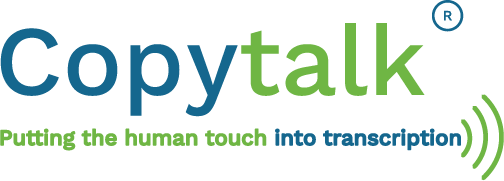 Are you ready to say goodbye to the “Work-From-Home Mullet” – the catchy phrase for the common practice of wearing a professional-looking shirt or blouse on top but sweatpants at the bottom?
Are you ready to say goodbye to the “Work-From-Home Mullet” – the catchy phrase for the common practice of wearing a professional-looking shirt or blouse on top but sweatpants at the bottom?
Well, you might not have to, if you don’t want to.
The majority (64.7%) of financial advisory firm employees, including financial advisors, said they believe they will work from home at least one day a week in the future, according to a July 2020 Redtail Technology survey. By contrast, two-thirds (66.7%) of respondents said they never or rarely worked from home in 2019, which speaks to the lasting impact of the COVID-19 pandemic on remote work.
Plus, even advisors who return to the office entirely may experience another enduring effect of the pandemic – known as the “evolution of face time,” according to an article by Tom Holloran of Voya Financial Advisors in Wealth Management’s 2021 Market Outlook. In pre-COVID times, a face-to-face meeting meant meeting with a client in the professional environment of the advisor’s office. COVID-19 of course changed that: for many advisors, the new “face time” is meeting with a client over video call. Whereas only 7% of respondent to the Redtail survey were using video/remote conferencing to connect with clients in 2019, a whopping 80% were doing so in 2020.
That’s not to say that in-person meetings have grown passé. Quite the opposite: the vast majority (86.7%) of respondents to the Redtail survey still believe that in-person meeting, when available, offers the highest client engagement.
However, the fact is that in-person meetings aren’t always possible – even when COVID-19 isn’t a factor. As a result, the shift towards greater acceptance of virtual meetings has made face-to-face interaction easier, even when the advisor and client are in different locations. Furthermore, virtual meetings can actually help improve client satisfaction if advisors make themselves more accessible. That’s because client satisfaction depends on both the quality of the face-to-face interaction and the advisor’s accessibility.
Copytalk’s secure transcription services can help make these face-to-face interactions, whether virtual or in person, more fruitful for an enterprise’s advisors and more satisfactory for clients by enabling advisors to memorialize the conversation without taking notes during it. That means that advisors can stay more focused on the meeting and also remember what was said during previous meetings to give more focused advice. After all, who wants to have a meeting with someone whose nose is constantly buried in their notes?
And even enterprises who still have a majority of advisors working from home or conducting virtual client meetings from the office can benefit from Copytalk. Although most conference call platforms can record, the question is: do enterprises really want a conference call platform having that confidential client information?
With Copytalk’s secure transcription services, enterprises don’t have to ask themselves that question. That’s because Copytalk’s security and privacy protocols set its transcription services apart. With Copytalk, enterprises don’t have to worry about what is being done with confidential client information. Transcripts are only stored for 60 days. Then, Copytalk purges the data, and the enterprise will have the only copy.
The one question that Copytalk can’t solve for you, of course, is what to do about that “Work-From-Home Mullet.”
